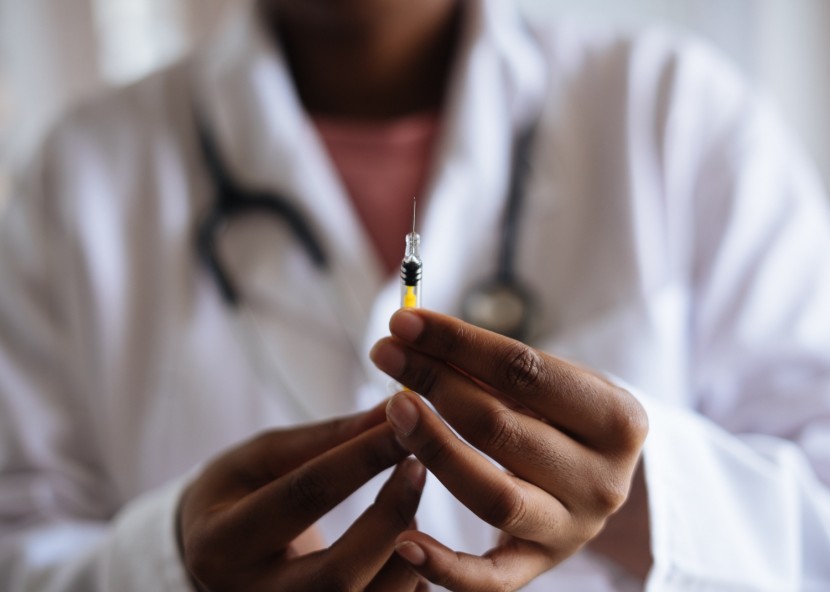
Scientists are stuck in a fierce discussion about a shocking question: is it best to withhold the second doses that everyone needs or to inoculate as many individuals as possible now and push back the second doses until later?
READ: Second Stimulus Checks: $600 Payment Won't Increase to $2,000. Don't Worry; There's Still Good News!
Debating Coronavirus Vaccine Second Dose Release To People
The new strategy to delay the distribution of the vaccine second dose was released by the UK's medicine regulatory or MHRA head last Wednesday. The said strategy will mean that the dosing interval may take 12 weeks instead of giving it within three weeks as prior stipulated. Hereon triggered other doctors in debating.
The debate heats up upon realizing that the number of infected is rising in the United Kingdom. More importantly that a more infectious variant of the virus has added fuel to their dilemma, keeping the UK being held under the strictest restraint to condemn the virus.
Whereas others are still debating, Britain officials have chosen to delay their second dose. Pfizer and AstraZeneca are the leading pharmaceuticals that have to lead the country in giving first doses to its people. The country's priority now is the first jabs of the vaccine as initially proposed by the former Prime Minister Tony Blair.
While the United States, on the other hand, is uncompromising to the idea. Dr. Anthony Fauci decided not to put his favor on this strategy. Debating on the option and earnestly stated in a CNN interview, they will continue what they are doing. He added that the country's supply is getting tight at this time, and there are a significant number of people dying from the covid-19 virus. Keeping the number of deaths in low figures is their top priority now.
ALSO READ: Inflatable Christmas Costume Possible Culprit in Kaiser Permanente COVID-19 Outbreak
Debating on this strategy has gone pragmatic as many doctors have been discussing and are giving their purest view about this. Dr. Eric Topol, a senior US Physician, even tweeted his insights on this area, stating how to spoil phenomenal results in today's most important clinical studies. Other scientists focus on the doses' details, implying that data that will support the second dose of Oxford-AstraZeneca if given after 12 weeks is still useful. At the same time, the result is not the same as the Pfizer vaccine. British officials also said that AstraZeneca's vaccine in the clinical trial was 73 percent effective to the participants 3 weeks after the first dosage is given to them and before the second dose was administered.
The Americans' frustration is also debating in this controversy as only a few got the first dose. Very far from the high number of people expected by the administration to reach.
Researches are also on the lookout for the possible delay of the second dose. If this happens, it would undoubtedly cause disaster, particularly in the United States. They are having an issue with the doses' distribution and not in its number, as Saad Omer of Yale University said. Emphasizing that doubling the number of doses won't help double the number of allocations. Perhaps debating about its release is not the real issue but the distribution.
While Russia is not debating about this but instead showing a different approach to strategy, they are pushing ahead of its potential covid-19 vaccine at a very high level of speed. Together with its main human trial, their mass public vaccinations are more raising concerns to its observers. It gives the message of prioritizing national prestige over its solid science and safety of its people. They, on the other hand, have different debating to do in their fight with the virus.
Every country worldwide also has different kinds of approaches in-dwelling to this virus that is yet to end. And people are only depending and waiting on the government to save them from this killer virus. Researchers are now urging the governments that delaying the vaccine's release second dose may allow the virus to multiply and cause mutation to a mildly protected person.
READ MORE: Hong Kong Activists Face Up to Three Years Jail Time in China Following Attempt to Flee to Taiwan via Boat
© 2026 HNGN, All rights reserved. Do not reproduce without permission.







